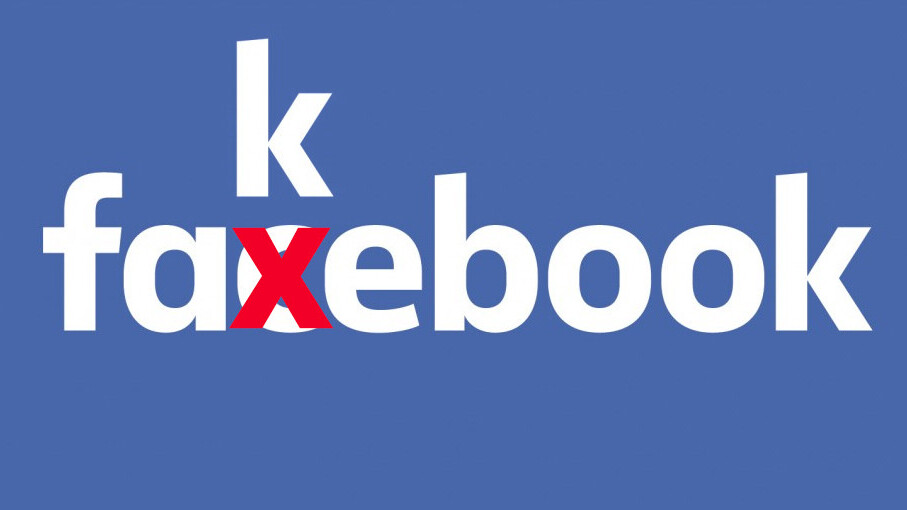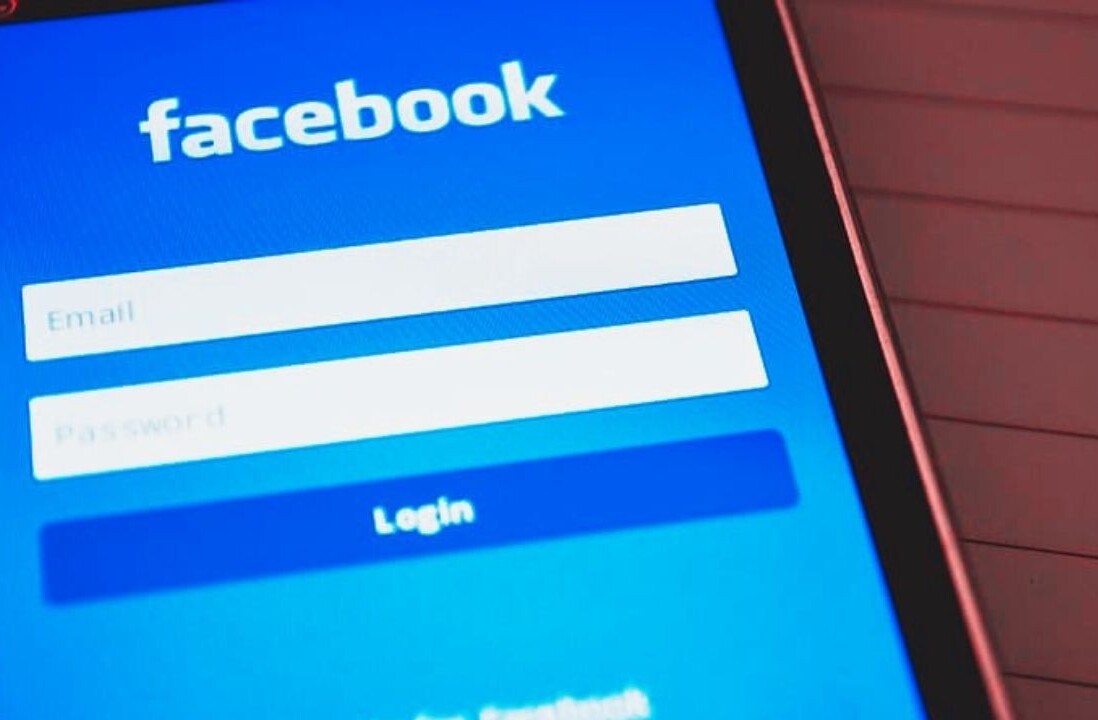
As Facebook continues its alleged fight against fake news, it’s been undermined this week by a comment made by an executive that makes it seem as though the company isn’t actually going to do anything about the problem.
In an interview with CNN reporter Oliver Darcy, Facebook’s head of News Feed, John Hegeman waffled on one particular topic. Darcy asked him how the company could claim to be serious about fighting fake news while still allowing Alex Jones’ Infowars to maintain a page on the site.
Hegeman gave a rather confusing answer:
I guess just for being false that doesn’t violate the community standards. . . [Infowars] has not violated something that would result in them being taken down. I think part of the fundamental thing here is that we created Facebook to be a place where different people can have a voice. And different publishers have very different points of view.
Notice how he doesn’t outright deny Infowars is a generator of fake news. If he had, that would be one thing. But instead he said fake news isn’t a violation of Facebook’s policies, despite all indicators to the contrary. It looks like fake news is the one thing Facebook’s decided to stop apologizing for. Honestly, it’s not the hill I expected the company to die on.
Facebook has been trying to shed its reputation as a clearing house for fake news since the 2016 election. It’s gone so far as to create its own “trustworthy news” videos — albeit going heavy on the Fox News and CNN. It also bought Bloomsbury AI earlier this month to help combat the issue. But now it looks to be searching for a happy medium between “nothing” and “the nuclear option.”
In response to Hegeman’s comment, the company has posted a few statements on its Twitter account attempting to clarify. In a series of tweets, it said it wouldn’t outright ban pages promoting fake news, but would instead “demote” them so they would lose views, starting with individual posts and moving up to pages.
Instead, we demote individual posts etc. that are reported by FB users and rated as false by fact checkers. This means they lose around 80% of any future views. We also demote Pages and domains that repeatedly share false news.
— Facebook (@facebook) July 12, 2018
In the same thread, it said, “We see Pages on both the left and the right pumping out what they consider opinion or analysis – but others call fake news.” I’m beginning to wonder if Facebook is sure about what fake news is: It’s the promotion of stories that are blatantly untrue, dressed up to look real and fool social media algorithms in order to be spread more widely. I don’t doubt there are people who prefer to call any opinion that doesn’t dovetail with their own “fake news,” but I expect Facebook to have more of a handle on the actual definition.
Further down the page, Facebook defended this notion:
Not hard in this instance. But the harder part is deciding what to do with a Page that peddles conspiracy theories big and small. We don’t think banning them is the right option – better to demote posts rated as false and the Pages that spread them.
— Facebook (@facebook) July 12, 2018
Facebook’s walking a very thin middle line here. If it does outright ban pages like that of Infowars, it risks drawing the ire of its thousands of dedicated followers and creating a need elsewhere. If it doesn’t, anyone who doesn’t appreciate seeing Infowars page alongside those of more allegedly reputable news sites won’t be satisfied with Facebook’s demotion solution.
As for Infowars, editor Paul Watson believed the reason Darcy asked about the site specifically was to “shut down a smaller competitor.”
via Buzzfeed News
Get the TNW newsletter
Get the most important tech news in your inbox each week.




